Star Wars Jedi: Survivor is everything you’d want from a well-deserved sequel, focusing on what makes a Star Wars story such an enriching experience, with fantastic gameplay. Everything is strung together in a wonderful way that makes each element feel exciting and enjoyable.
The first game, Jedi: Fallen Order, set the bar high, and Jedi: Survivor not only meets it, but surpasses every expectation you could want. From the story to the exploration, side adventures, and multiple collectibles, Jedi: Survivor is fantastic and does so by respecting your time.
Star Wars Jedi: Survivor Key Details
- Developer: Respawn Entertainment
- Platforms: PC via Steam, EA Play, and Epic Games Store, PlayStation 5, and Xbox Series X|S
- Release Date: April 28, 2023
- Cost: $69.99
The Jedi’s Path is Not An Easy Road

The story takes center stage and primarily focuses on Cal Kestis, a Jedi who survived Order 66 and worked together with the crew of the Stinger Mantis to battle the Empire. Although everyone from this crew had gone their separate ways, Cal continues his fight against the Empire. The start of the game sees him at the end of his latest attempt at fighting the endless war machine. These battles weigh heavy on him, and the Mantis is partially damaged after his latest job, forcing him to find the previous owner, Greez Dritus, and seek repairs. This requires Cal to crash land on Koboh, where his adventure truly begins.
It’s difficult to jump into the tale of Jedi: Survivor without delving into spoilers, but the story has everything to do with Cal being on Koboh and the anomaly above it known as Tanalorr. This location has ties with the historical High Republic, a golden age for the Jedi set two hundred years before the Galactic Empire when the Jedi and the Republic were more concerned with exploring the galactic frontier.
Cal attempts to get to the Tanalorr anomaly but meets Dagan Gera, a Jedi from the High Republic, and Rayvis, the leader of the Bedlam Raiders that operate on Koboh. These two have been desperate to seek the same thing as Cal and become immediately at odds.
Although the basics of the story boil down to a classic Star Wars adventure, what truly sets it apart is how much the team focuses on the underlying emotions of everyone involved. The bubbling emotions between Cal and Dagan are exceptionally well done and spiral into an interesting dynamic for our primary protagonist, along with the other crew, to deal with. Those emotional drawstrings are initially shown at the start of the game and pay off well into the end, which rounds itself back into the grounded, fundamental Star Wars tropes of family, raw emotion, and poetry.
Cal had discovered a new family away from the Jedi with those on the Stinger Mantis, and at the start of Jedi: Survivor, that family has been shattered. He spends time picking up the pieces of that family and finding new additions with Bode Akuna, a new character to the series who appears in his latest job and continues to be an asset throughout the adventure. The weight of Cal carefully navigating those painful waters of why everyone split up and where they ended up is rough, and the well-told narrative leads into beautifully crucial moments throughout the tale. Fans everywhere will cheer, laugh, and they may even shed a tear.
The Power and Grace of a Jedi Knight
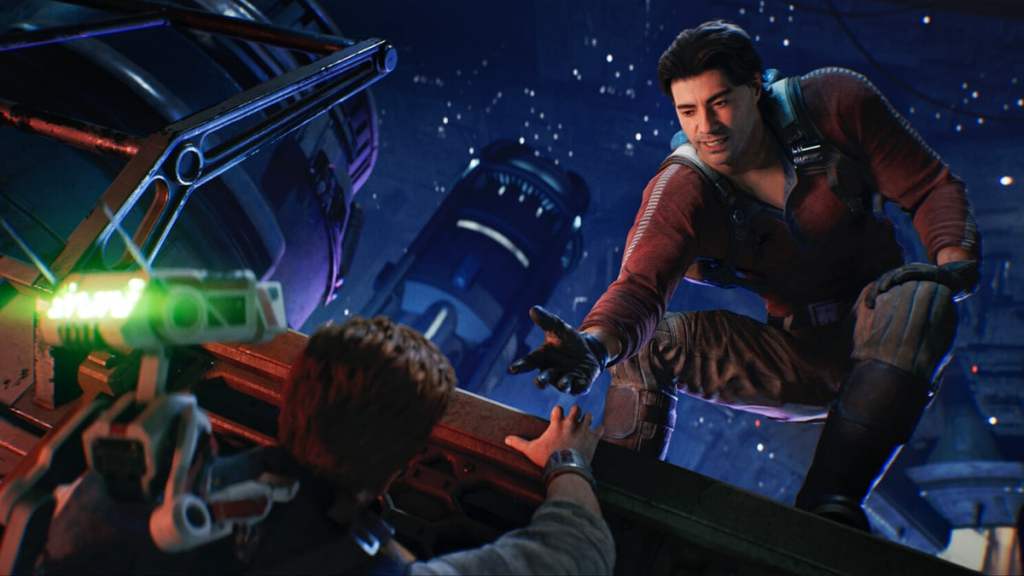
Fans who enjoyed Fallen Order will have a field day with Jedi: Survivor. It takes all the best elements from the first game and makes them better, as all sequels should. On top of that, it gives you everything that Cal unlocked at the end of Fallen Order and makes them readily available at the beginning of the game.
It’s a robust narrative piece to show how much Cal has grown since those games and hasn’t forgotten a step. If anything, he’s only gotten stronger in those five years consistently fighting the Empire, and the smooth swordplay with the several lightsaber styles makes combat an enjoyable activity.
Challenging combat was always there throughout my time exploring the numerous locations on Koboh and fighting the many dangerous entities of the Star Wars universe. The smooth fluidity made these fights even more fun. Although Jedi: Survivor doesn’t have a wide variety of weapons for you to sink your teeth into, the foundational mechanics of the combat more than make up for it. This sequel expands on that already great lightsaber combat from the first game by adding three lightsaber forms. You can only select two of these forms simultaneously while out in the field, limiting your choices and forcing you to consider how to approach every encounter.
These forms are widely different from one another, from the overly aggressive twin-blades to the agile lightsaber and blaster, or you might find yourself using the slow and powerful crossguard blade, similar to the one used by Kylo Ren. But, surprisingly, I found myself using the crossguard saber and the standard one, enjoying the carefully-timed strikes of the crossguard and the balanced approach of the standard lightsaber form throughout my time playing Jedi: Survivor.
The general combat ranged from simple destruction to well-thought-out encounters. There are a good number of enemies to tackle, and their unique movesets make for fun dynamics as you progress through. Those looking for more enthralling gameplay mechanic challenges can ramp up the difficulty and find even more enjoyable battles in the New Game Plus mode, which offers a range of altered enemy attacks to keep you on your toes.
I briefly played with the New Game Plus mode and found it a lot of fun, especially for anyone who plans to pour over the entire game to find every collectible scattered throughout the map. And boy, are there collectibles for you to scour for at every angle, with exploration being another significant facet of Jedi: Survivor.
Finding the Energy Between All Things, A Balance that Binds the Universe Together

Three primary focal points are the central gameplay mechanics of Jedi: Survivor. You have the main story, the heavy, rhythmic combat, and the expansive exploration, which you can dive into at any time. Similar to the previous game, only some locations are unlocked immediately, and other locations require specific abilities hidden behind the story progression, but none of it hampers your experience.
These areas feel like natural locations to revisit after you’ve set the main story down or want a break from a main emotional mission. What feels genuinely fantastic is none of these exploration or side pieces feel like requirements. You can go through all of Jedi: Survivor without adventuring too far off the main path, and you can enjoy the game and reach a conclusion with no problems.
However, if you want to dive into the side stories, fight some incredible enemies, and unlock some notable power-ups, that’s also an option if that’s how you want to play the game. Afterward, it’s entirely up to you how you want to enjoy the experience. I would say you’re missing out on something by not exploring those side stories and talking with the locals at the Koboh cantina, but it doesn’t take anything away from the pivotal plot.
On paper, the added side content could feel exhausting. You can participate in several activities, such as adding a garden to the Koboh cantina or finding citizens who need help out in the wilds of Koboh and getting them to rejoin you at the outpost. They sound overwhelming, but they’re there to give you access to more activities and side content, all of which are optional. It’s good with all of it, and it never threatens to overwhelm you, even if you’re a completionist who has to track down every single collectible that appears in Jedi: Survivor.
It’s a delicate balance a lot of single-player, narrative-focused games struggle with, but the development team at Respawn Entertainment knocked it out of the park by having many things to do after the credits rolled. Nevertheless, the story itself was satisfying to end on, and the side content keeps that train going by wrapping some of the smaller stories and tales you want to see about Cal’s journey.
The verdict
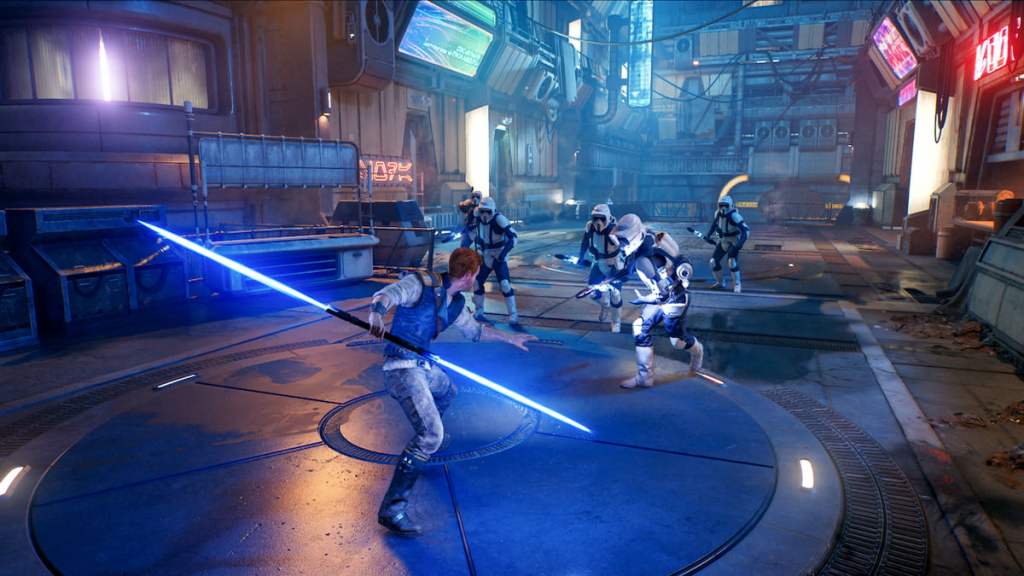
Star Wars Jedi: Survivor is the sequel any fan would want from a fantastic first game. It builds on everything from that point and adds the right amount of things without feeling bloated. The central story is an emotional rollercoaster that stays centralized in a human narrative of family, helplessness, and finding your own path, with the epic backdrop of the Star Wars space opera universe.
The game never overstays its welcome, and there’s plenty to do after the credits roll to keep any combat-hungry or collector junkie sticking around with Cal and BD-1 for several hours. It strikes the right balance of gameplay and time commitment that respects its audience, never demanding more. It was a pleasure to spend time with Cal and the Mantis crew again in a galaxy far, far away.
Final Score:
9.5 / 10
| + | Outstanding combat that only builds on the first game |
| + | Incredible story that has you on edge right to the end |
| + | Wonderfully cinematic, flowing between story and live gameplay |
| + | Expansive exploration that is beautifully woven together |
| + | The right balance of main story and side content without overloading a player |
Gamepur team received a PC code for the purpose of this review.

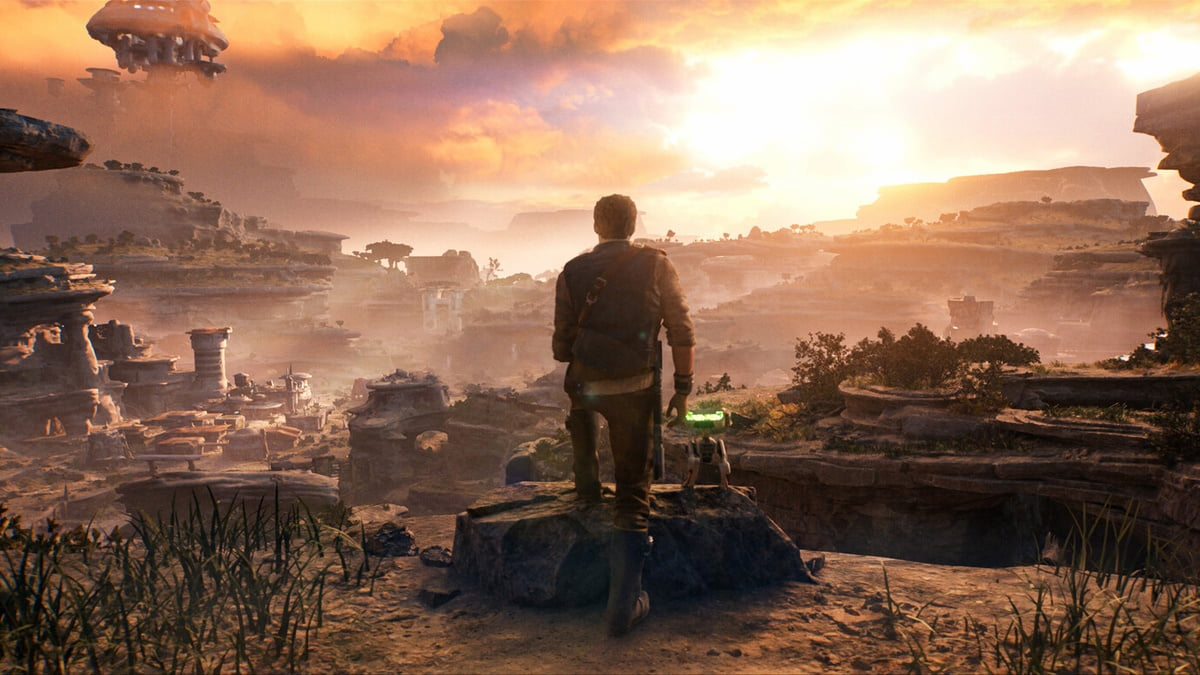

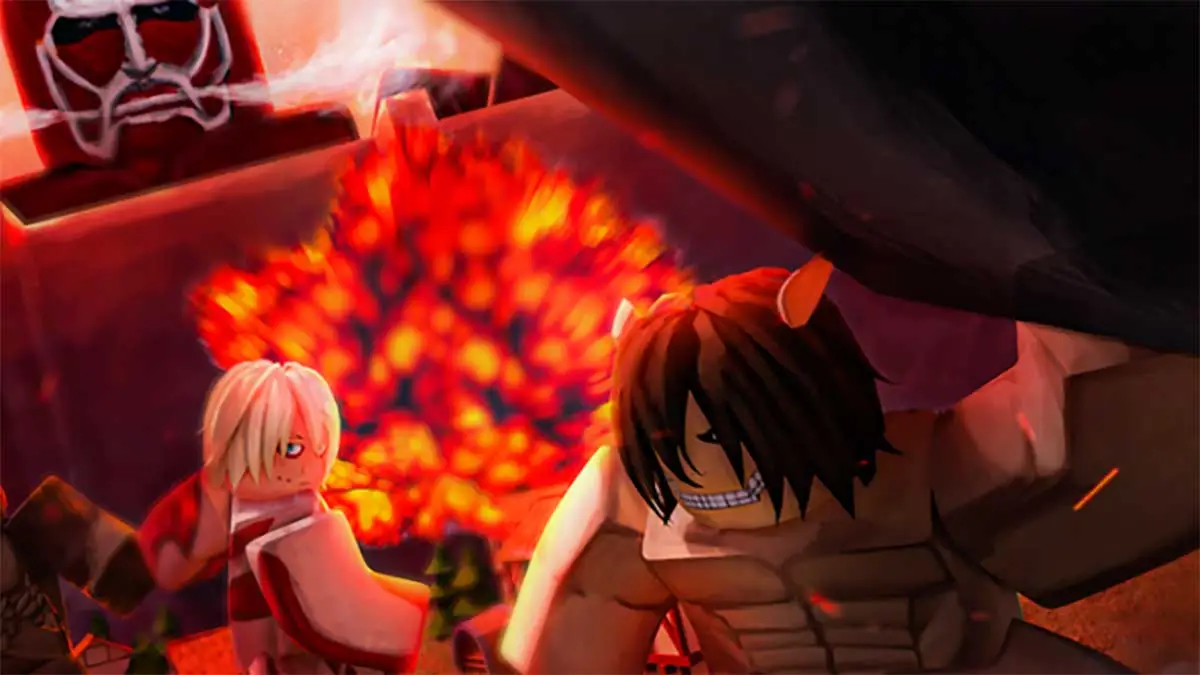
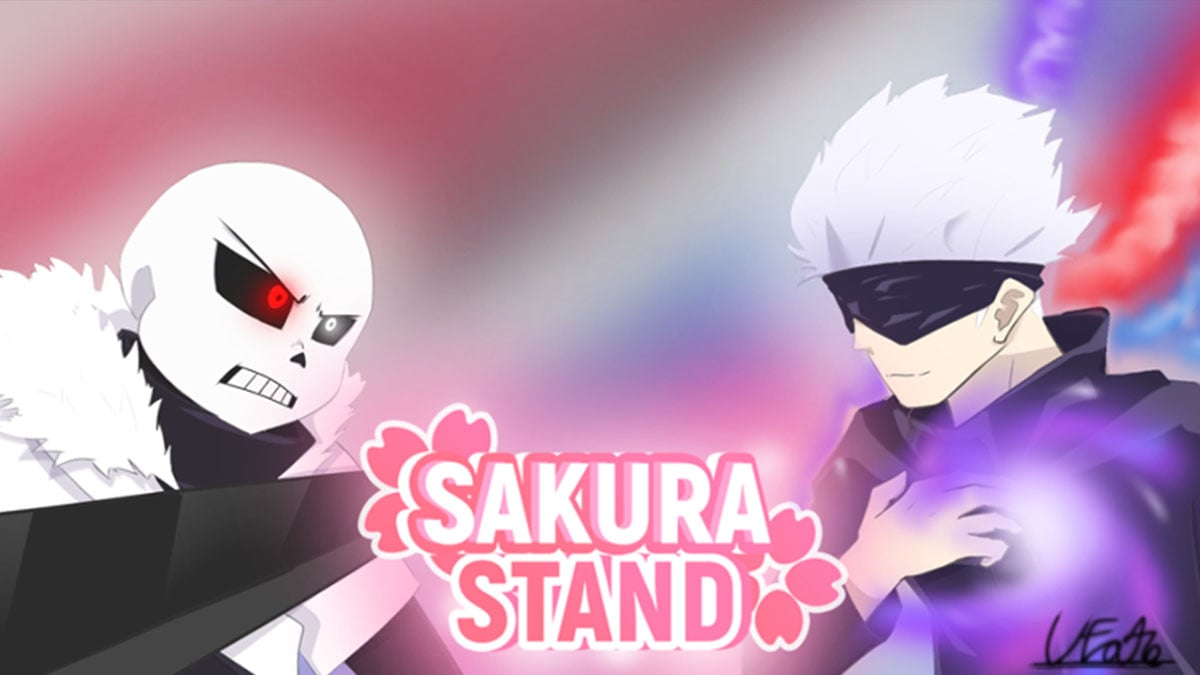

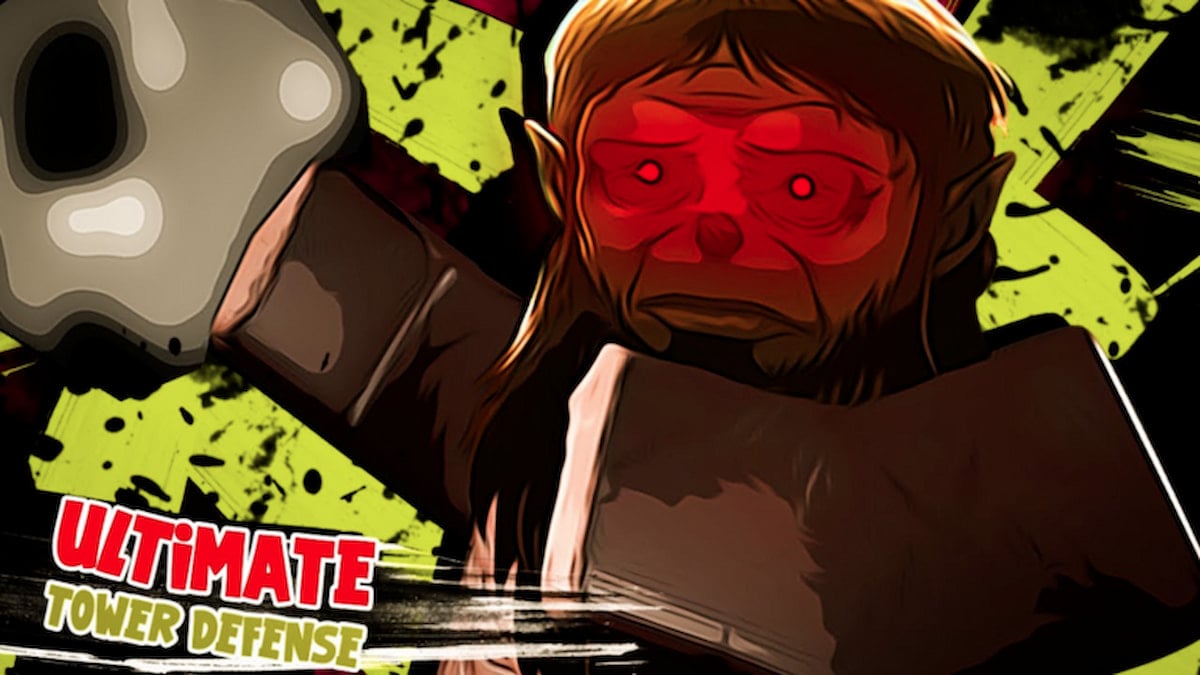
Published: Apr 26, 2023 10:00 am